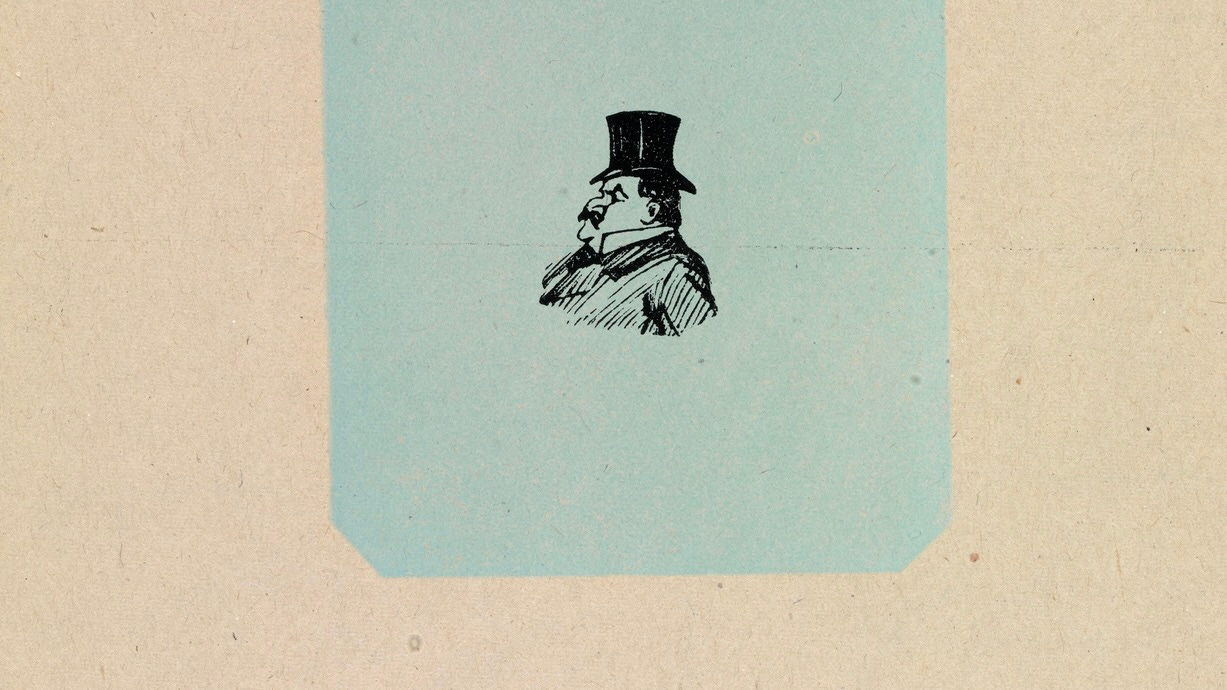Today we are excited to publish Matthew Walther, editor of The Lamp, biographer of John Henry Cardinal Newman, and a highly original columnist for The New York Times. Perhaps Matthew’s biggest claim to fame is having come up with the name, “Barstool Conservative,” which has become popular among political commentators and even has its own Wikipedia page.…
Substack is the home for great culture





